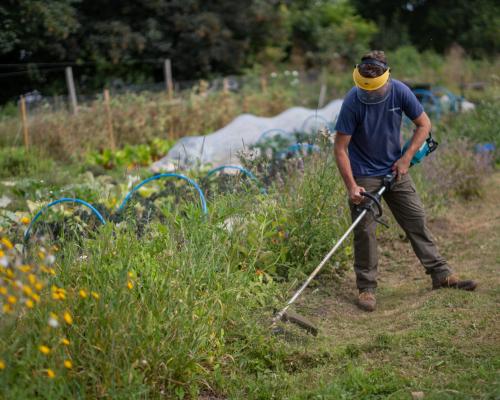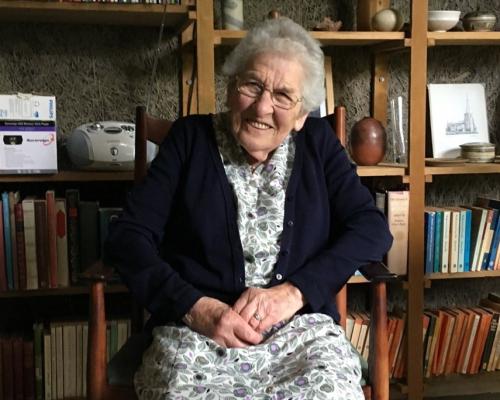
Ministers should draw up a specific policy to reduce inmate access to illicitly brewed alcohol and medication after the death of a vulnerable prisoner, a coroner has said.
An inquest jury found last month that Sheldon Jeans, who was discovered dead in his cell at HMP Guys Marsh on or about 13 November 2022, had died as a result of consuming illegal alcohol and four different medications that had not been prescribed to him, recording death by misadventure.
Rachael Griffin, the senior Dorset coroner, issued a prevention of future deaths (PFD) report in response to findings at the inquest, highlighting national policy and guidance relating to the handling of hooch and medication in prisons as areas for concern.
“In my opinion there is a risk that future deaths could occur unless action is taken … There is a lack of national policy, and local guidance at HMP Guys Marsh, to inform staff working in prisons of the dangers of illicitly brewed alcohol, also known as hooch,” she wrote.
The report has been sent to the Department of Health and Social Care, HM Prison and Probation Service, HMP Guys Marsh, and Oxleas NHS foundation trust, requesting a response by 19 September 2025 detailing actions to be taken and a timetable for that action.
Jeans, 32, from Portsmouth, had a history of mental health issues and was anxious about the impending outcome of a parole hearing when he took them, a jury at Dorset coroner’s court in Bournemouth heard.
In the report, the coroner drew attention to evidence given about the continual problem in prison of hooch, which is illicitly brewed from substances legitimately available to prisoners. In September 2022, shortly before Sheldon’s death, 215.5 litres were seized at HMP Guys Marsh.
Hooch was described as a dangerous substance during the inquest, and has sedative effects which can be increased when consumed alongside certain medications.
The coroner said that while policies are in place concerning the possession and use of illicit substances in prisons, these focus on drugs or medication and “remain silent in relation to alcohol”.
The coroner also raised concerns over prisoners having access to prescription medication that was not prescribed to them.
Sheldon had taken four different types of medication, none of which had been prescribed to him, alongside consuming hooch.
At the inquest, the jury concluded that the substances in isolation would not have been fatal, but taken together caused a sedative effect which, combined with Sheldon’s body posture, led to respiratory depression.
At the inquest, it was heard that prescription medication at HMP Guys Marsh can either be taken under supervision, or a prisoner is provided with the medication for them to keep and take in their cells.
While it is not known how Sheldon accessed the medication he consumed, evidence was provided at the inquest about how prisoners are able to access each other’s cells during states of unlock – such as during meal collection times. Medication was shown to be left around cells and in unsecured plastic containers, despite lockable cupboards available.
Following the inquest, the jury concluded that Sheldon’s death had been by misadventure, and that while he had deliberately taken the substances, he had not intended to end his life.
A Ministry of Justice spokesperson said: “We will carefully consider the coroner’s findings and will respond to the report in due course.”
The jury found the levels of drugs and alcohol separately would not have killed Jeans.
But his posture resulted in fatal respiratory depression, which he had not intended.
He was found to have taken pregabalin, used to treat epilepsy and anxiety, and the antidepressant mirtazapine.
Jeans also took the opioid painkiller dihydrocodeine and quetiapine, which is used to treat mental health conditions. He had not been prescribed any of them.
Leigh Day partner Benjamin Burrows, who represents Sheldon’s family, said:
“Our hope is that steps are taken in prisons across the country, not just HMP Guys Marsh, to address these issues and to safeguard against this kind of tragic death occurring again.”





